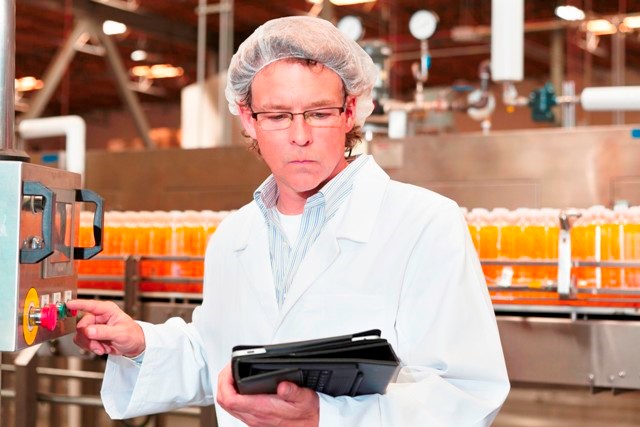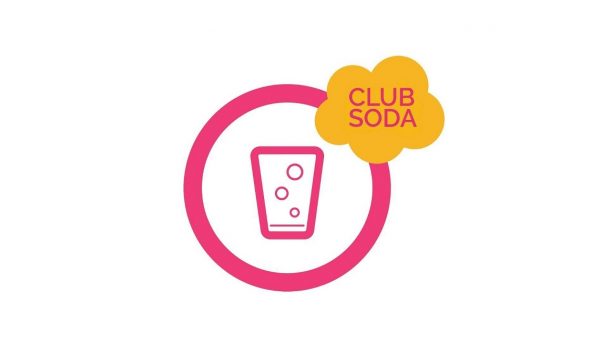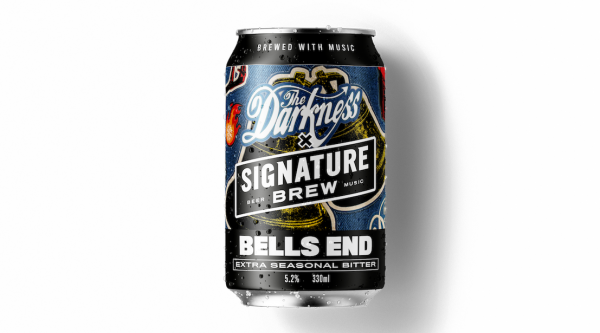How To
Why Does the Beverage Industry Need Effective Weighing Systems and Practices?
Accurate weighing processes play a large role in handling specific challenges faced by the beverage industry, especially in terms of QA (Quality Assurance) and QC (Quality Control). They’re a key step towards avoiding OOS (Out Of Specification) results and ensuring that process requirements are consistently met during production, handling and distribution.
In order to maintain the accuracy and reliability of weighings, it’s important to understand what OOS results are and how measurement errors can affect product quality, FDA compliance, and other crucial aspects of beverage production.
Out of Specification (OOS) Results and FDA Guidelines
What is OOS? This term refers to test results that fall outside the acceptance criteria or specifications that have been set for them in product quality or process guidelines.
FDA regulations for beverage safety and quality have gotten more stringent over the last few years. In a laboratory environment, this affects every aspect of instrument selection and use, but the situation is usually different in a production environment. This is primarily because operators tend to be less qualified than laboratory personnel.
According to the 2011 FSMA legislation by the FDA, regulators are required to shift focus to the prevention of safety issues, rather than responding to them. The main goal of FSMA implementation is to increase mandatory FDA inspection frequency, especially for the food and beverage industries. Inspection processes and standards will also be revised regularly.
Regular checking and calibration of weighing instruments has also become a part of BRC, SQF, IFS and FSS C22000 regulations for the beverage industry. These include recommended guidelines for testing and adjustment of metrological equipment, as well as traceability and documentation of calibration and maintenance activities.
Importance of Accurate Weighing and OOS Effects on Production
Weighing inaccuracies not only affect final product quality, but also consistency and uniformity across batches. As with other products in the pharma and food industries, these factors can have a major impact on public health and safety, consumer trust, production efficiency and overall market success of beverages.
For most food and beverage companies, the selection of weighing equipment is based more on hygiene, durability, operator safety, and other external factors, instead of metrological performance. However, the measurement capability of an instrument is a key factor that helps prevents OOS results.
OOS can cause a wide range of possible issues, including negative impacts on product quality, consumer safety, and company productivity. They can lead to increased downtime (while OOS results are investigated), batch release delays, issues with legal trade requirements and sometimes expensive product recalls as well.
Routine testing and calibration are essential practices that can help ensure higher accuracy and lower the chances of OOS results.
How Calibration Affects Measurement Uncertainty and Minimum Weight
In a production environment, there’s a common misconception that instrument readings reflect the actual weight of a product, but this may not always be the case. This methodology fails to account for measurement error, which refers to deviations in accuracy caused by the product’s load on the scale.
Every weighing system has a minimum weight range, and weighing that are on the lower end of this range (or below it) typically result in a larger measurement uncertainty. For instance, trying to accurately weigh a 90-pound sample using floor scales1 with a minimum weight specification of 100 pounds will lead to unreliable results.
Scale calibration helps to determine the measurement uncertainty of any weighing system, as well as the minimum weight range. Testing the instrument allows trained calibration technicians to recommend a safety factor within which the scale can be trusted to offer reliable and repeatable results that fall within tolerance limits for accuracy.
Minimum weight also changes from time to time, since it’s affected by factors like wear and tear, temperature and other operating conditions. Frequent testing is necessary, the results of which are displayed in calibration certificates to help operators maintain proper weighing practices within the production environment.
Types of Weighing Systems Used in the Beverage Industry
Here are some common examples of static and dynamic weighing systems involved in the beverage manufacturing process:
| Static Weighing Systems | Dynamic Weighing Systems |
| Bin, Tank, Hopper and Silo Scales | Check Weighing Scales |
| Bench, Portable and Floor Scales | Loss-in-Weight Dosing/Dispensing |
| On-Board Scales | Gein-in-Weight Filling |
| Counting Scales | Loss-in-Weight Feeding by Rate |
| Check Weighing Scales |
While selecting or testing weighing systems such as truck scales or floor scales, it’s important to follow a methodical approach that takes good weighing practices into account. The primary considerations include your unique weighing requirements, whether the instrument meets them, the accuracy it offers, etc.
Get the right equipment in place to ensure that your company’s productivity, quality, and reputation are at their highest, and the profits will follow!
1 – http://www.scalesu.com/products/floor-scales/
2 – http://www.wholefoodsmagazine.com/blog/intelligent-weighing-applications-food-industry
3 – http://www.scalesu.com/products/truck-scales/












